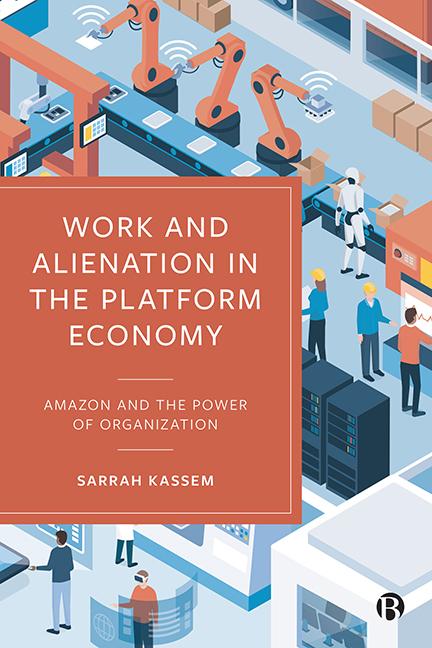3 - How to Grasp Agency: The Power Resources Approach
Published online by Cambridge University Press: 18 January 2024
Summary
If we were solely to study the relations of alienation of workers, we would risk reproducing a dehumanized understanding of capitalism and its trajectory – at most accounting for only its internal interacting contradictory relations. It comes as no surprise that Adam Smith and Frederick Taylor dismiss the agency of workers, the former describing those laboring simple tasks as “stupid and ignorant as it is possible for a human creature to become” (Smith, 1776: n.p.), the latter arguing that it “would be possible to train an intelligent-gorilla so as to become a more efficient pig-iron handler than any [hu]man can be” (Taylor, 1911: n.p.). Such disempowered depictions of workers deny them all consciousness and agency, immobilize them and strip them of their emancipatory potential. In contrast, Gramsci underlines that
not only does the worker think, but the fact that he gets [they get] no immediate satisfaction from his [their] work and realizes [realize] that they are trying to reduce him [them] to a trained gorilla, can lead him [them] into a train of thought that is far from conformist. (1971: 310)
While I do see it as crucial to analyze the different relations of alienation, we cannot dismiss how workers resist these to express their agency, which can in turn take on different appearances depending on their context. Before diving into how we can conceptualize the agency of workers, it is important to at least underline the important role of class consciousness and acknowledge workers as subjects within the bounds of a historical materialist analysis. The discussion on subjectivity, which later grew into labor process theory, is a broad one. It has come to range from initial analysis by Braverman (1974) to later post-Marxist and Foucauldian perspectives that expanded the debate to further interrogate the manufacture of consent and theoretical conceptualizations and empirical strategies for resistance (Burawoy, 1979; Knights and Willmott, 1990; Jermier et al, 1994).
The subjectivity that I focus on is one based on class. I understand it as stemming from one’s position and function in the capitalist system.
- Type
- Chapter
- Information
- Work and Alienation in the Platform EconomyAmazon and the Power of Organization, pp. 24 - 34Publisher: Bristol University PressPrint publication year: 2023



